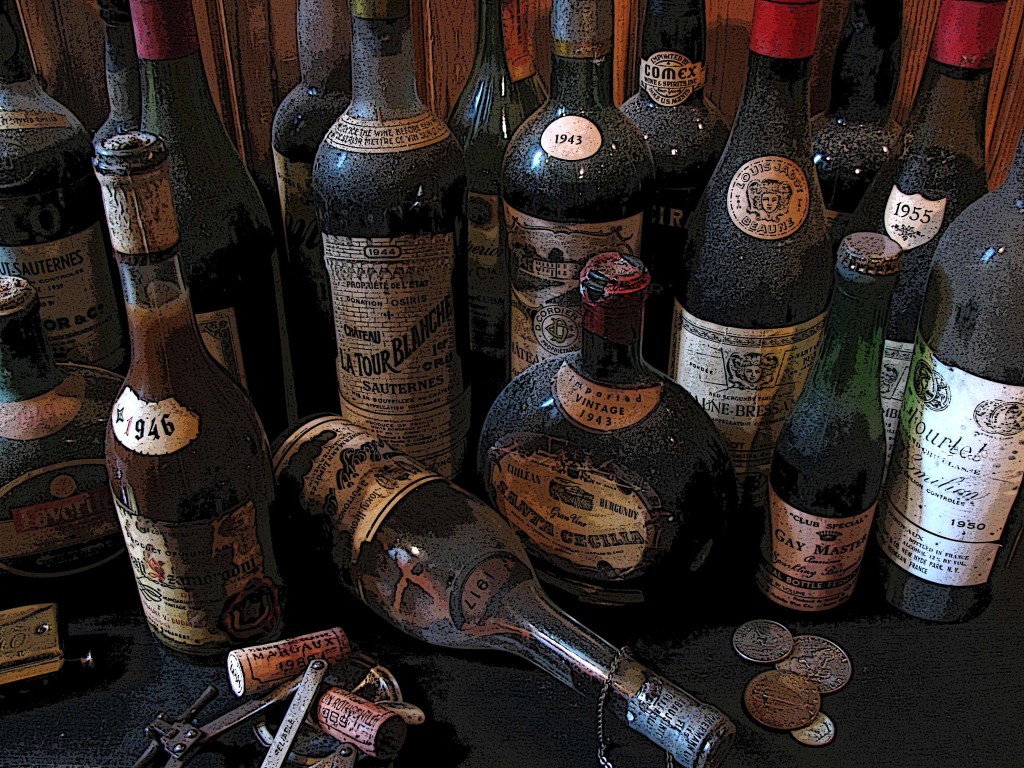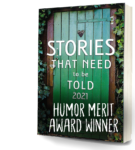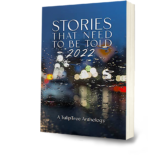Don’t Be So Sensitive; Sensory Adaptation & Wine Tasting.
Chapter Two, Part Seven.
 As a regular reader of WineSnark, you’ve learned the various ways your body perceives flavor so now you can relax, have a bite to eat and enjoy a glass of wine. Once you do however, you might as well throw all you’ve learned into the recycle bin because when you introduce new chemical compounds to your body the equation changes. By the way, my wife just loves it when she cooks all day and I tell her she’s made a delicious “chemical compound”.
As a regular reader of WineSnark, you’ve learned the various ways your body perceives flavor so now you can relax, have a bite to eat and enjoy a glass of wine. Once you do however, you might as well throw all you’ve learned into the recycle bin because when you introduce new chemical compounds to your body the equation changes. By the way, my wife just loves it when she cooks all day and I tell her she’s made a delicious “chemical compound”.
Food is just one of the many things that can affect your sensory perceptions, most of which you can control about as well as a bad comb-over on a windy day. For example, the acidity in your body is in a constant state of change which will affect the way you taste. Are you feeling tired or stressed? If so, you may not be producing as much saliva as usual. With less saliva your palate will detect more tannin and wine will feel more astringent. If you’re eating potatoes, a food high in umami, your favorite wine might suddenly have a bitter quality. If your potatoes are caked with an umami-overriding saltiness, your physiology will change yet again and the bitter flavor will be neutralized. Are you getting the picture? I hope so because there might be a pop quiz later.
To make matters worse, your brain performs something called sensory adaptation, which effectively reduces the responsiveness of your sense receptors after prolonged stimulation. It’s hard enough to stay focused at a wine tasting when you’re sampling dozens of wines without your body throwing this kind of monkey wrench into your perception mechanisms.
Sensory adaptation comes into play when extended contact with wine’s acidity, tannin and alcohol deadens your palate, which explains why you may find it difficult to make accurate distinctions after tasting dozens of wines in an afternoon. Also keep in mind that tasting dozens of wines in an afternoon can seriously impact three things; speech, coordination, inhibitions and math.
Sensory adaptation effects all of your senses, not just your sense of taste. Your sense of touch offers an obvious example of the dumbing down of your senses from sensory adaptation. When you first attempt to swim in the ocean the water seems unbearably cold. With time you seem to acclimate to the temperature because sensory adaptation effectively suppresses your sense of touch. Similarly, when you stand in a bathtub filled with hot water the heat seems to lessen after extended contact. Sensory adaptation is only triggered at the point of stimulation however, which is why the water still feels blistering hot when it comes time to dip your derrière.
You are capable of smelling the faintest hint of perfume in a room but soon you cease to detect it. You turn out the lights and find yourself in pitch-blackness until you gradually gain the ability to see in the dark. You enjoyed your front row seats at the OzzFest heavy metal concert but find you can’t hear for several hours afterwards. These are all examples of the way sensory adaptation changes your perception senses.
Sensory adaptation can make the job of analyzing wine more challenging but it does have certain advantages. Winemakers would often line up at my office door at 9:00 in the morning to sample their wares. Let me tell you, there’s nothing quite like that first jolting sip of New Zealand Sauvignon Blanc to jumpstart your day. It’s like attaching a car battery to your tongue  and turning on the ignition. But I’ve learned that after a few sips sensory adaptation kicks in, lessening the sour characteristics, and before long I’ve got my palate in gear and I’m cruising down the Garden State Snarkway.
and turning on the ignition. But I’ve learned that after a few sips sensory adaptation kicks in, lessening the sour characteristics, and before long I’ve got my palate in gear and I’m cruising down the Garden State Snarkway.




















